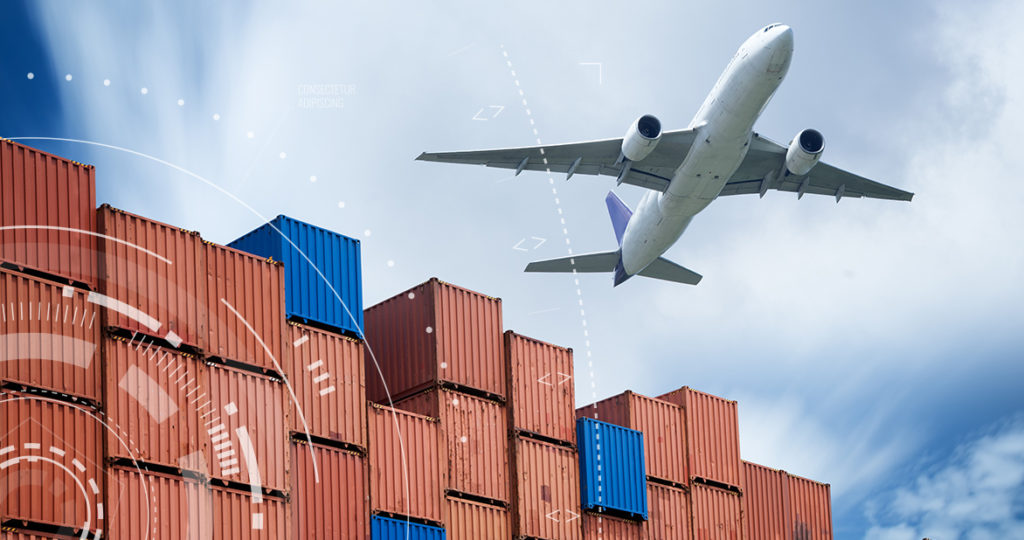Commercial airlines must brace for continued supply chain disruptions that could linger for the next two years, according to industry experts. The warning comes from Willie Walsh, Director General of the International Air Transport Association (IATA), the world's largest airline association representing over 300 airlines or 80% of global air traffic.
Speaking at the annual IATA summit in Dubai, Walsh acknowledged that while the situation isn't worsening, airlines shouldn't expect a swift resolution. He pointed to persistent challenges in the aerospace manufacturing sector, particularly with engine production and maintenance, repair, and overhaul (MRO) services. These bottlenecks are impacting aircraft deliveries and fleet expansion plans for airlines.
The disruption stems from a confluence of factors. The COVID-19 pandemic significantly disrupted manufacturing operations and labor markets. Shortages of critical materials and parts continue to plague the industry. Additionally, the ongoing war in Ukraine has exacerbated supply chain issues, impacting the sourcing of raw materials and disrupting established logistics routes.
The extended supply chain woes pose a significant challenge for the aviation industry, which is currently experiencing a rebound in passenger demand. Airlines are eager to expand their fleets to meet this renewed demand and potentially replace older, less fuel-efficient aircraft. However, the delays in receiving new planes could hinder these growth plans.
The situation could also lead to higher operating costs for airlines. Delays in securing spare parts for maintenance and repair could ground planes for longer periods, impacting airlines' schedules and raising maintenance expenses. Additionally, the pressure to meet surging demand might lead to airlines leasing older, less fuel-efficient aircraft, driving up fuel costs.
While the outlook appears challenging, IATA maintains a cautiously optimistic view of the long-term prospects for the aviation industry. Passenger traffic is expected to reach pre-pandemic levels by 2024, and the industry is projected to grow at a steady pace in the coming years.
The industry is actively exploring solutions to mitigate the supply chain disruptions. Airlines are collaborating with manufacturers to improve supply chain visibility and streamline logistics processes. There's also a growing focus on alternative parts sourcing and developing closer relationships with parts suppliers.
Looking ahead, IATA emphasizes the need for continued government support and collaboration across the industry to navigate the current challenges. By working together, airlines, manufacturers, and policymakers can expedite the recovery of the aviation supply chain and ensure a smooth and sustainable growth trajectory for the air transport sector.


